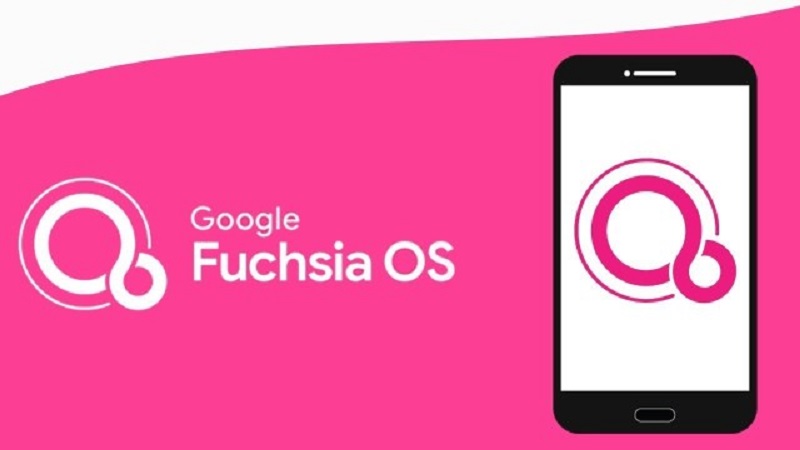
When it comes to operating systems, we generally break it up into software to run PCs and software to run mobile phones. The truth is though that in this IoT era when everything is becoming interconnected and needs software to run, that the scope of operating systems and what they do is expanding more than ever before.
This is the idea behind Google’s long-in-development Fuchsia project which sees the software company develop a new type of operating system from the ground-up for a new generation of devices. It’s a project that Google has been working on for over 2 years with few known about details of its purpose or progress since it was first revealed. A new update from the company in a recent interview with The Verge has revealed a whole lot more about what their intentions behind the project entail, as shared by Android and Chrome chief Hiroshi Lockheimer:
We’re looking at what a new take on an operating system could be like. And so I know out there people are getting pretty excited saying, ‘Oh this is the new Android,’ or, ‘This is the new Chrome OS. Fuchsia is really not about that. Fuchsia is about just pushing the state of the art in terms of operating systems and things that we learn from Fuchsia we can incorporate into other products.
The big objective of the experiment appears not to try and replace Google existing Android or ChromeOS software, but rather look to identify the best type of OS for other smart devices and see how they can optimise it t oxter for wearable technology or even the possibility of augmented or VR devices:
You know Android works really well on phones and you know in the context of Chrome OS as a runtime for apps there. But Fuchsia may be optimized for certain other form factors as well. So we’re experimenting… think about dedicated devices… right now, everybody assumes Fuchsia is for phones. But what if it could be used for other things?
It definitely makes sense for Google to be possibly developing a new OS to cater for a new range of smart devices coming our way. Whether utilising a new OS to optimise the user experience for these over trying to find ways if unifying everything into one integrated OS is the right choice is something which we will probably find out in the near future. Right now, smart devices are not yet able to run Mobile or PC type operating systems and so there is a lot of merit to their idea of having multiple operating systems. After all, Microsoft has been struggling for years to try and get one unified OS for all devices with little success, so Google may be onto something here.
Last Updated: May 13, 2019




















HvR
May 13, 2019 at 12:21
Not so much that smart devices can not run mobile or desktop OS (given enough time you can run any OS on any embedded system) it is that embeeded/IoT device with narrowly defined function and limited UI does not need the generic capability of mobile and desktop OS which makes them bloated. So to run them you need to much hardware, you can easily triple the base cost of the device.
M$ have failed miserably in this realm with Windows/CE/Embedded/IoT since it is always stripped down version of the mainline OS with astronomical license fee relative to the BOM cost of a device.
Google is up on stiff competition with FreeRTOS in the small processor market and Embedded Linux on SoC market for consumer product and VxWorks for the aerospace, defense and automotive markets.
Geoffrey Tim
May 13, 2019 at 12:30
Go fuschsia self, Google.